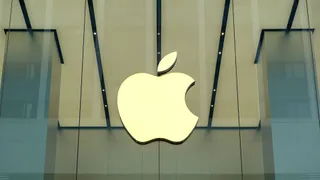
Fed Circuit overturns inventorship ruling in Cisco suit
Already registered?
Login to your account
If you don't have a login or your access has expired, you will need to purchase a subscription to gain access to this article, including all our online content.
For more information on individual annual subscriptions for full paid access and corporate subscription options please contact us.
To request a FREE 2-week trial subscription, please signup.
NOTE - this can take up to 48hrs to be approved.
For multi-user price options, or to check if your company has an existing subscription that we can add you to for FREE, please email Adrian Tapping at atapping@newtonmedia.co.uk
Jurisdiction reports
29 March 2021 This article examines the ever-present challenge in correctly designating the true inventors of inventions and their associated patent rights. Where errors have been made in the naming of inventors on patents, the prompt correction of such errors is essential if valid and enforceable patent rights are to be enjoyed.
Patents
26 October 2020 The US Court of Appeals for the Federal Circuit has revived a suit filed by network security company Tecsec that accuses Adobe of patent infringement.
Patents
6 October 2020 A US judge has ordered technology company Cisco Systems to pay $1.9 billion in damages for wilfully infringing four patents owned by Virginia-based Centripetal Networks.

